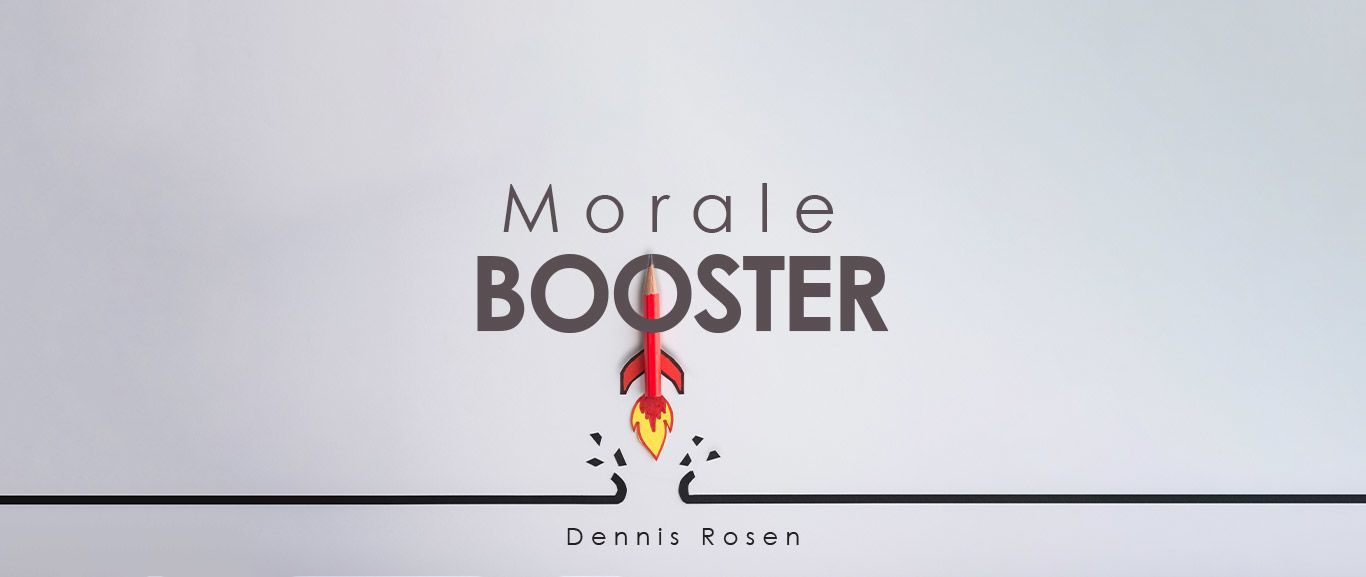
Morale Booster
In today’s stressful world, we can all use some encouragement and optimism. But where do we get that? From the Exodus story!

In his article Mind Reader, Rabbi Shalom Arush says it’s vital to think about “Yetzi’at Mitzrayim” (Exodus from Egypt) numerous times throughout the day. We should contemplate how our ancestors’ first-hand experience demonstrated indisputably that Hashem is the Creator and Master of the World. He is the One Who created nature. He chooses to work within nature most of the time, but He can override it at will.
Rabbi Arush says this is not just a historical record. It should also influence the way we view the present and future. It reminds us that Hashem chose us, loves us, and does only good for us. He controls all outcomes, accomplishments, and results. He is willing and able to redeem us and provide the individual and collective salvations we need.
Since this principle is so transformational, the Evil Inclination works overtime to distract us. Unless we keep focused, we become vulnerable to sadness, fear, and despair when we face challenging situations.
General Dwight Eisenhower said the most crucial factor in winning a war is morale. In this spiritual war against the Evil Inclination, a vital morale booster is to remember and contemplate the full meaning of the Exodus from Egypt.
In one of his recent lectures, Rabbi Yehuda Mandel says that every morning when we recite Az Yashir (the Song of the Sea) we should be so happy contemplating how Hashem took us out of the greatest darkness with open miracles and brought us through the desolate wilderness to the land of Israel. The One Who performed these miracles is the same Father in Heaven Who loves us and is willing and able to perform miracles for us today.
When contemplating the Exodus from Egypt, it also helps to recall personal miracles. Each of us can remember times when we were in deep distress, and we received a life altering salvation. These are our personal Yam Suf (Red Sea) moments. As an example, a Yam Suf moment occurred for me when I was hit by a truck while walking across the street. Hashem not only saved my life. He enabled me to recover fully from my injuries without surgery.
Let’s consider the month of Adar. The word “Adar” (אדר) is composed of the letter Aleph (א) and the word Dar (דר). The letter Aleph stands for the One and only Master of the world. The word Dar means “dwells”. Hashem is dwelling among us. We need to make it a priority to focus on His oneness and omnipresence the entire month of Adar. Everything that happens is a part of Hashem’s plan and ultimately, we’ll see how it’s for the good.
Rabbi Yoel Roth speaks about the perils of giving too much credence to the never-ending news cycle. The term “breaking news” is quite appropriate. If we place our focus on the news then indeed, it will break us. I thought about this and realized that the Hebrew word for hope, סבר, has the same letters as the word that means break1. We have a choice. We can either build our emuna and hope in Hashem, or we can be broken by worry, sadness, and despair. You don’t need to worry about what the future holds when you know Who holds the future.
The Chedushei Harim says that when Mashiach comes, each one of us will be shown our own personal megillah. It will describe in detail how Hashem was always with us in every aspect of our lives, loving us, watching over us, protecting and caring for us. We will be elated by this revelation. Why wait until Mashiach comes? We can realize this, internalize it right now, and live a life of courage, optimism and happiness.
Rabbi Zevi Golombeck says that we may be working on building our emuna and think we are making progress. Frequently we then receive a challenging experience, and we become overwhelmed by stress and anxiety. This can be very discouraging. What happened to the emuna we thought we had developed? We may feel that we’re failing to make a difference and not accomplishing anything. The opposite is true!
If, theoretically, someone would be able to build emuna in a single easy attempt he would receive just one merit. However, since you need to try hundreds and hundreds of times, you receive continuous merit. Therefore, you are the one who gets the most merit by working to build emuna even when you experience setbacks and realize there’s so much room for improvement. You are growing and accomplishing by working hard, being resilient and continuing to pray to Hashem for help. You are giving Hashem tremendous joy and evoking Divine compassion not only upon yourself, but upon the entire world!
Rabbi Arush teaches that in both the material and spiritual realms, Hashem determines all results. Therefore, our job is to desire emuna, work on ourselves, and pray for it. If we do this, by definition, we are being successful – because our success is determined by our desire and effort, not the results.
This is a lifelong endeavor. Setbacks and failures followed by comebacks are the template for spiritual growth. By virtue of our determined and irrepressible efforts to attain emuna, we will be fulfilling the purpose for which we were created.
By remembering and contemplating the Exodus from Egypt, we’ll gain constant encouragement and motivation. May we merit to see salvations for ourselves, our families, and all Israel.
|
|
1An correlation between the words שבר and סבר is found in Bereishit Raba 91.6 on the verse in Bereishit 42:1. וַיַּ֣רְא יַֽעֲקֹ֔ב כִּ֥י יֶשׁ־שֶׁ֖בֶר בְּמִצְרָ֑יִם וַיֹּ֤אמֶר יַֽעֲקֹב֙ לְבָנָ֔יו לָ֖מָּה תִּתְרָאֽוּ Jacob saw that there was grain being sold in Egypt; so Jacob said to his sons, “Why do you appear satiated?” (Bereishit 42:1) Jacob saw that there was grain being sold in Egypt: From where did he see it? Is it not true that he did not see it, only that he heard of it, as it is said: “Behold, I have heard, etc.” (Bereishit 42:2)? What then is the meaning of “saw”? (Rashi’s comment on Bereishit 42:1) וּמַה תַּלְמוּד לוֹמַר יֶשׁ שֶׁבֶר, אֶלָא אַל תְּהִי קוֹרֵא יֵשׁ שֶׁבֶר, אֶלָּא יֵשׁ סֵבֶר, שֶׁרָאָה בָּאַסְפַּקְלַרְיָא שֶׁסִּבְרוֹ בְּמִצְרַיִם, וְאֵיזֶה זֶה, זֶה יוֹסֵף And what does the Talmud teach? Don’t read “יש שבר” but rather “יש סבר”. He saw with the “divine mirror” (aspaklaria) that he still had hope (סבר) in Egypt (שֶׁסִּבְרוֹ בְּמִצְרַיִם), and what was his hope – it was Joseph. (Bereishit Rabbah 91:6) |


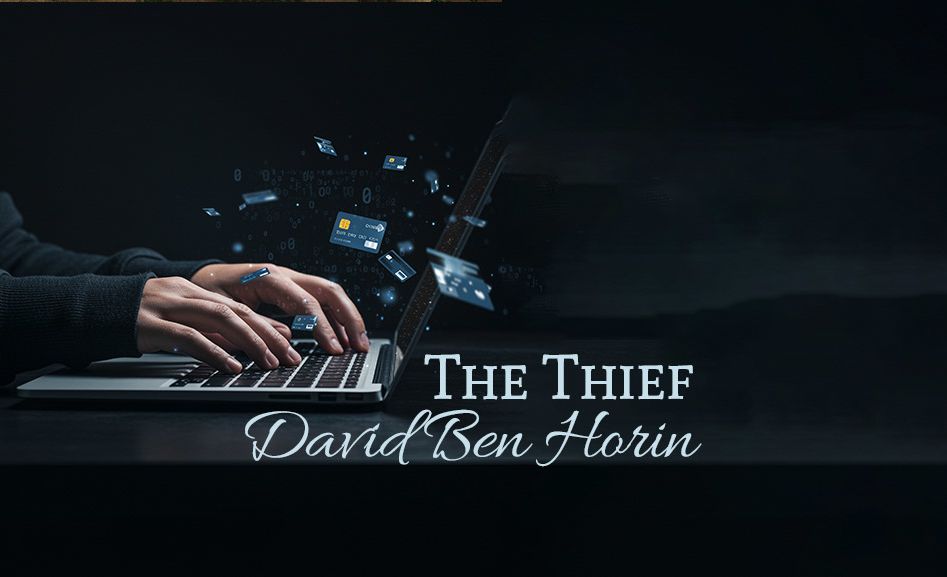

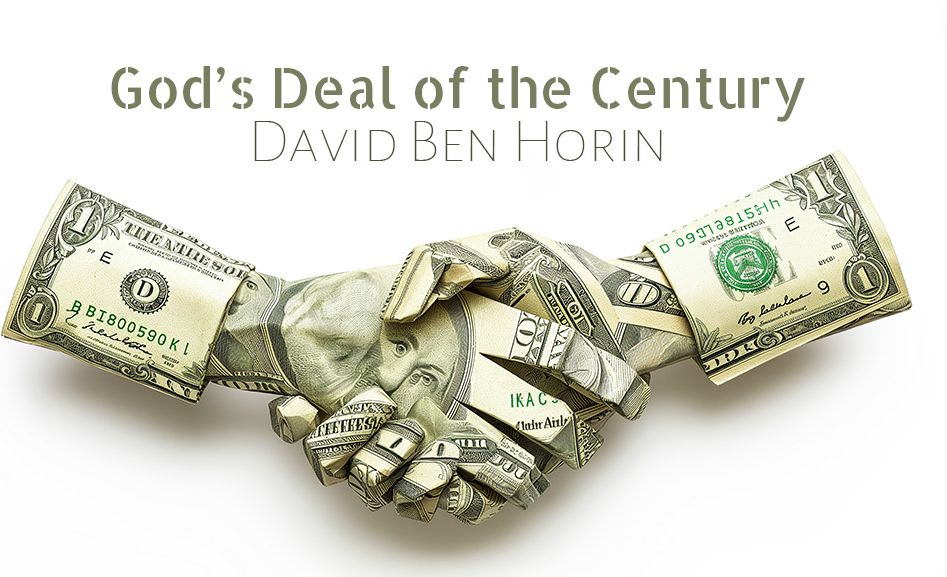
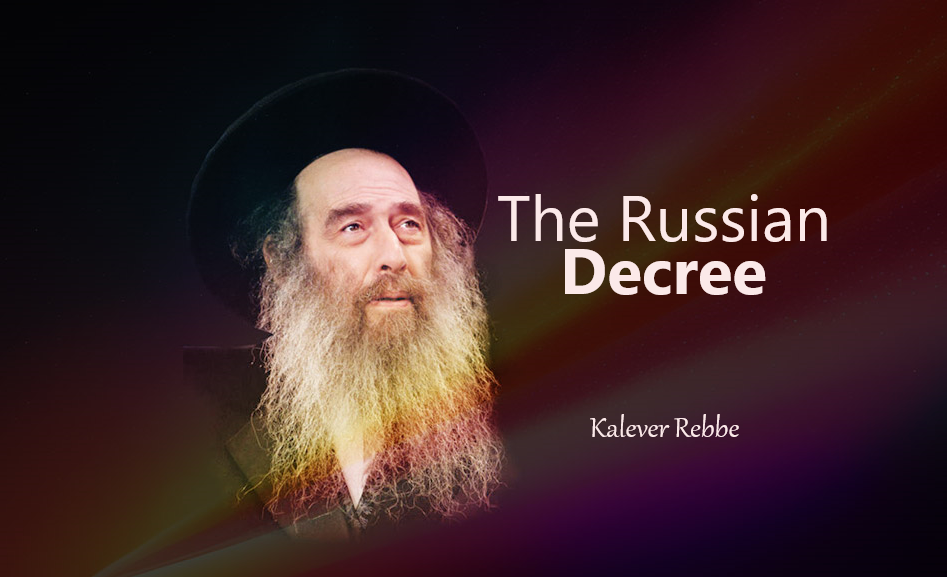
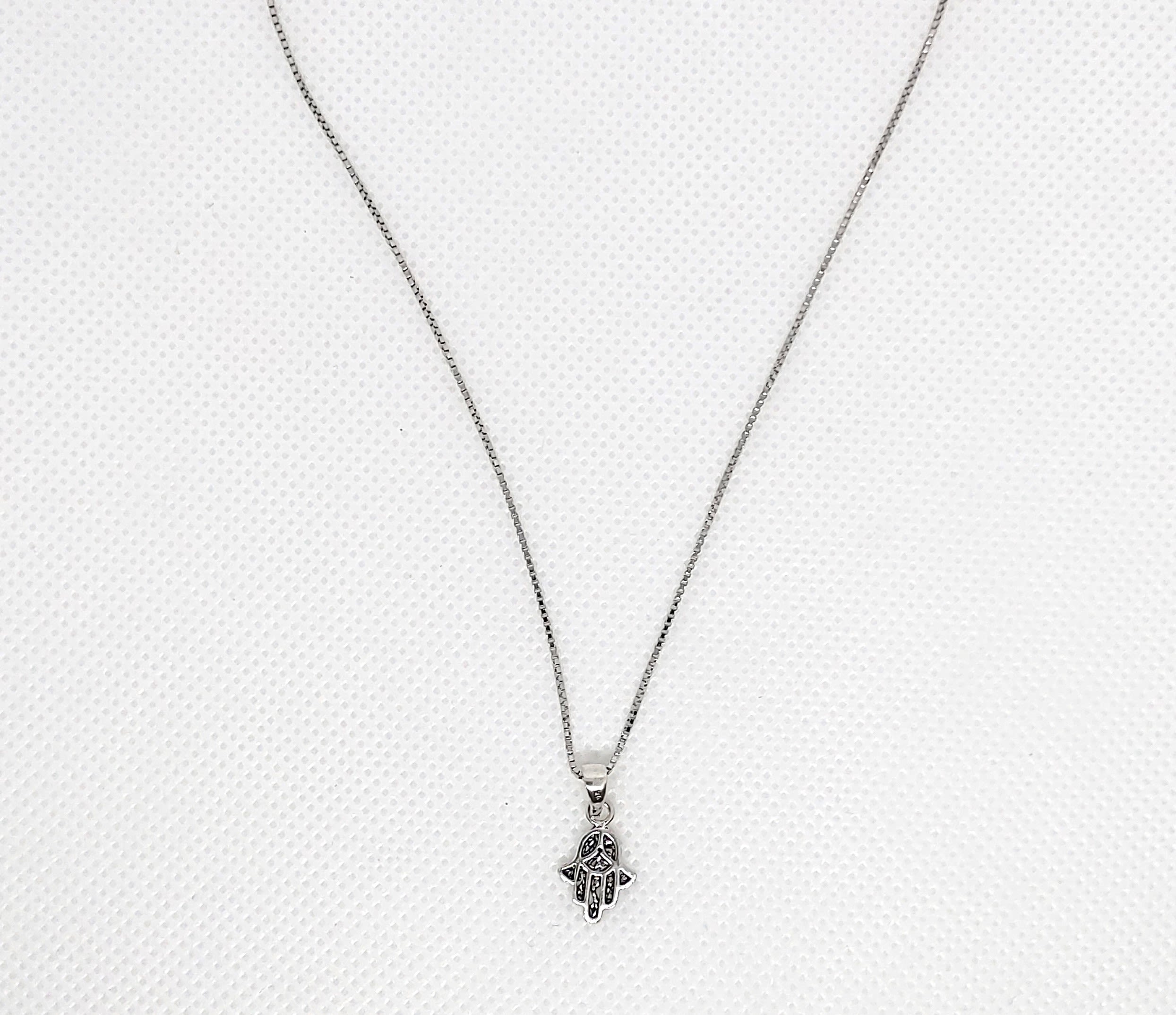
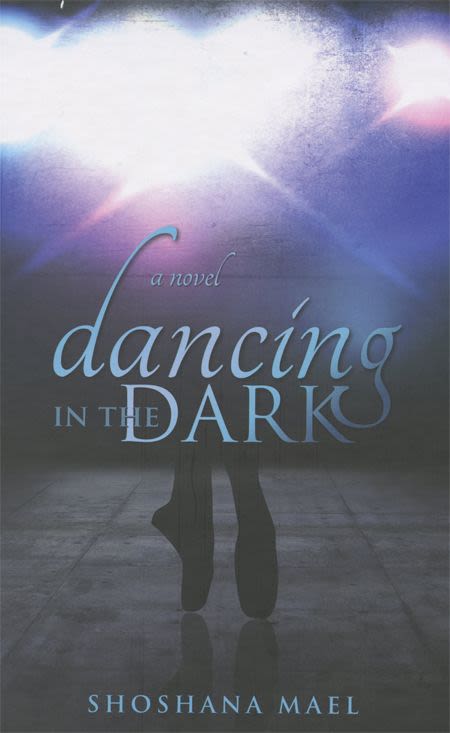

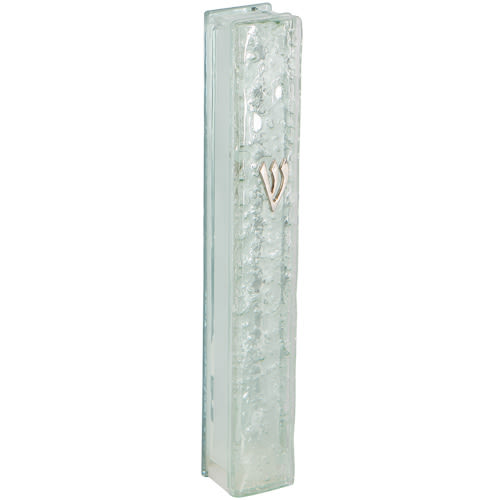
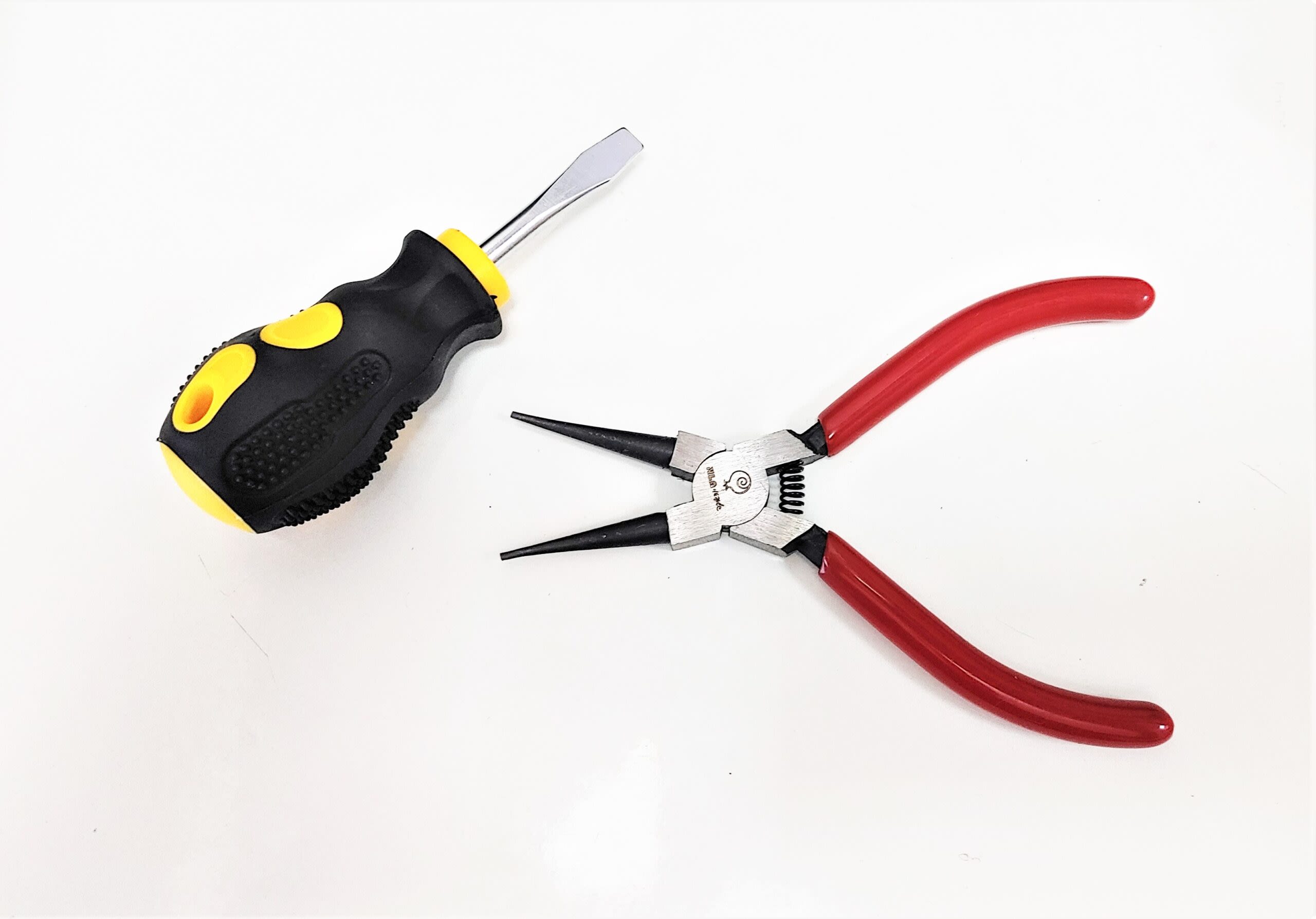
Tell us what you think!
Thank you for your comment!
It will be published after approval by the Editor.